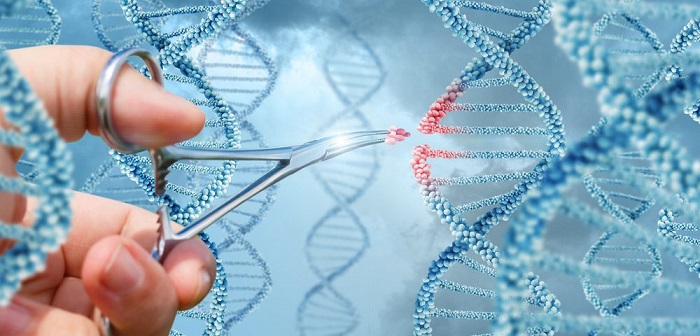Certain neurological disorders are highly common in the elderly. Their occurrence is growing with higher life probabilities. Neuropsychological, neurochemical, neurophysiological and neuroanatomical features of aging have to be reviewed to know the clinical displays of neurological illnesses of the elderly as well as to distinguish them from regular aging. Along with pharmacotherapy, neurorehabilitation is significant in the care of elderly neurologic disorders with focusing on gait training. There is certainly proof that physical and mental exercise has chances to reduce cognitive decline connected with aging.
One of the frightening illnesses that human beings come across are neurological disorders. Other types of dysfunction like viruses or cancer can be comprehended though not easy to deal with. A top neuro specialist in Chennai clarifies the causes of neurological issues and ways to treat them in this blog.
A neurological disorder could arise from or cause dysfunction to the nervous system or brain of the individual. According to the complexity of the affected system, it is possible to explain things that have chances to go wrong. Most people ask this question, whether it is possible to completely cure neurological issues or not. The answer is yes in some cases and no in certain cases. For certain neurological problems, the results can be good with adequate rehabilitation and treatment and for certain issues, there would not be much progress. Instead of looking for the unavailable cure, it is recommended to make changes to the lifestyle of the patient to manage the condition.

Therapies and neurological disorders
Besides the problem of being cured, certain patients with neurological problems are placed under rehabilitation to restore certain lost functions. It is a hopeful sign as it is hard to see a patient transferred to therapy when there is no or little hope for even partial recovery. Some of the therapies developed for neurological disorders are as follows:
- Medication to prevent the worsening of the condition or restore function
- Pain management since most impairments are connected with significant discomfort
- Physiotherapy to restore some function and manage some symptoms
- Lifestyle changes to minimize or prevent the effect of such conditions
What are Cognitive therapy treatments?
Cognitive-behavioral therapy also referred to as talk therapy is one of the best approaches for treating behavioral neurological problems. CBT concentrates on behavior and thoughts associated with the disability of the patient. Though it is not the exact response for many disorders of the nervous system and brain like epilepsy or Parkinson’s disease, it has displayed results in the cure of anxiety, ADHD, mood disorders and also various kinds of largely psychogenic impairments. Moreover, CBT has several advantages and the best part is it does not showcase the chances of side effects that are mostly caused due to interventions or drugs. It can be administered by another person than a physician. However, the person has to be a licensed therapist. CBT interventions are mostly managed in session format.

Other therapeutic methods for neurological disorders
Check Out – Novel technology aims to improve treatment of neurological diseases. CBT is not recommended for the patients who are recovering from degenerative brain disease, traumatic injury or stroke. In such cases, therapeutic methods are recommended than CBT. It may include medications like neuroleptics that are utilized to cure organic complaints of the brain like schizophrenia to simple analgesics like opiates, acetaminophen, and ibuprofen to cure the excruciating effects of several neurological ailments.
The main and important step to any treatment is early diagnosis of the medical condition as well as a decision regarding the type of treatment. It may sound straightforward but in reality, it is not. Several brain disorders will affect rational thinking and at times it becomes hard to make the patient accept treatment.
As there are several domiciliary inpatient neurological treatment hubs, it is recommended to approach and make use of such centers. It is also referred to as rehab centers. They must give importance to treatable disorders like chemical dependencies and alcohol abuse problems. Moreover, certain rehab centers also give treatment for patients with neurological problems, assisting patients to obtain skills required to live a healthy and balanced life.
There are numerous benefits of inpatient neurological disorder treatment. For such treatment, there has to be good cooperation between the patient, attending doctor or mental health practitioner and the patient’s family and friends.
